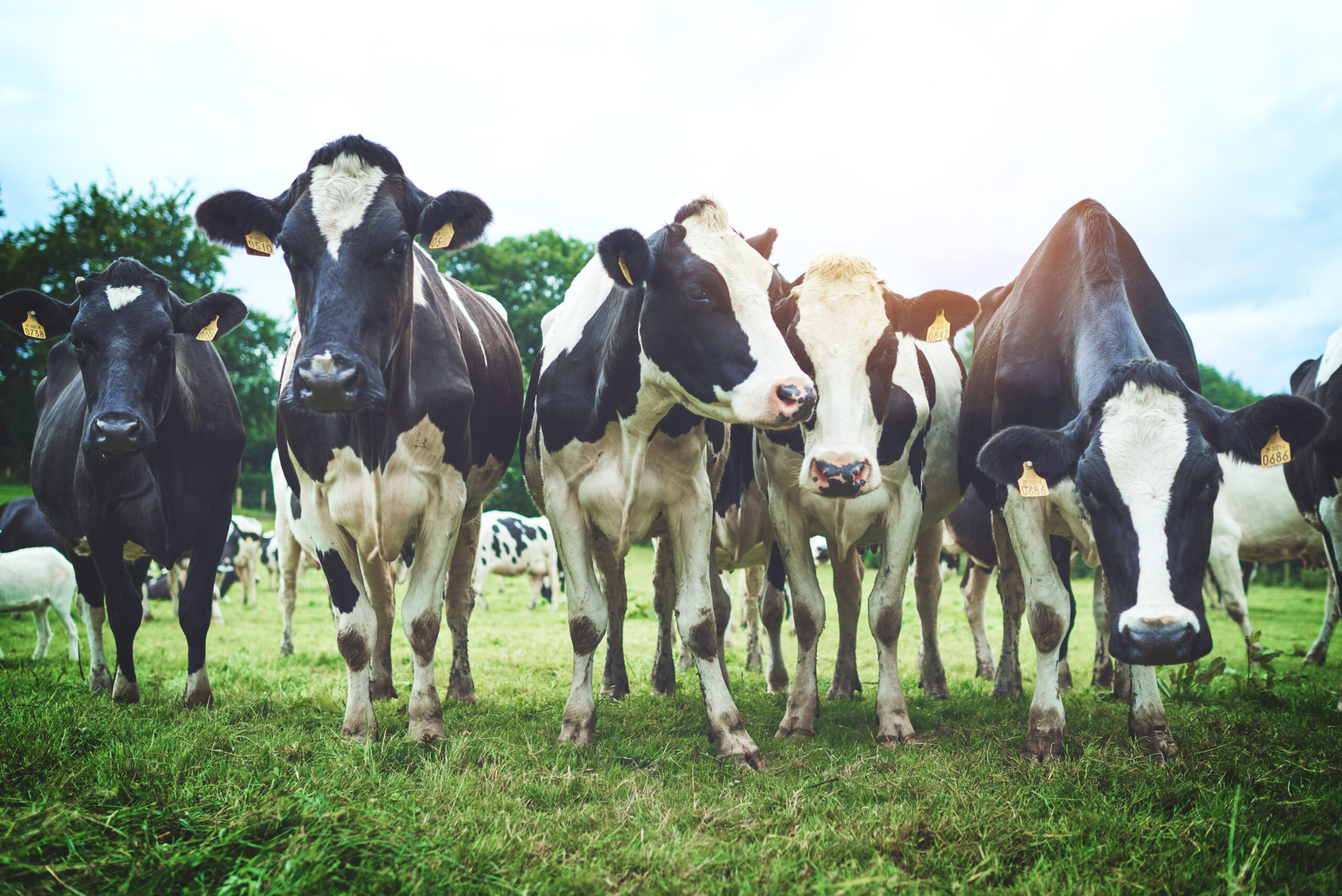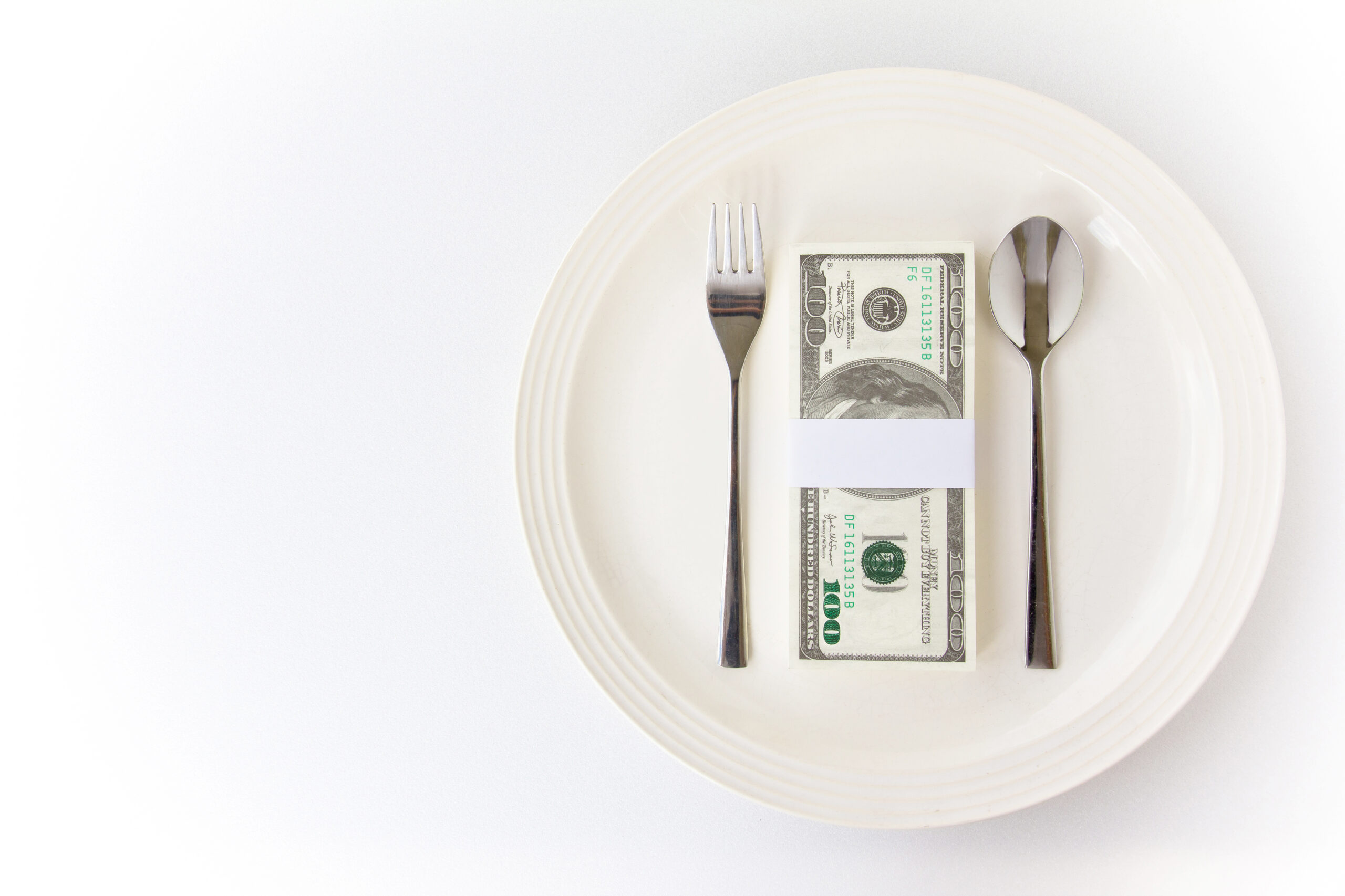A report by Daymon, a global consumer retail and private brand agency, found that 81 percent of consumers buy private label products every time or almost every time they visit the grocery store. The results of The Private Brand Intelligence Report 2018 – the first report of its kind to be released by the Connecticut-based company – are indicative of how well private brands compete with national ones.
The report also highlighted that 85 percent of consumers trust private brands as much as national brands and that private label product sales increased by four percent in 2017, which is eight times higher than national brands. The survey also found that fresh food products are the most desired private label goods. About 65 percent of retailers that are in competition with stores offering private brands, such as Lidl and Aldi, lost over ten percent of profits to them.
“Today, Private Brands truly set the pace for the rest of the industry. They have gone from being just a financial tactic to the most coveted play in town. If you don’t have a solid Private Brand strategy today, you’re in trouble. You’re dead in the water,” said Jim Holbrook, CEO of Daymon, in the report.
This trend is partially due to consumer perceptions of private brands being a better deal, and cheaper than national ones. With value retailers diversifying their private label products to appeal to consumer trends, this segment is expected to dominate the grocery landscape. According to survey results, 74 percent of consumers believe private label products have more value for their money; 61 percent say the quality of such products have improved; 59 percent say private brands offer more variety; and about 53 percent shop at stores specifically for private label products. Discount stores that offer these national brand counterparts are expected to outgrow traditional grocers with an estimated CAGR of 5.8 percent between 2017-2022.
“With Private Brands, there’s the notion that you’re getting a deal or at least not paying a nonsensical premium for the name on the packaging and that’s why these brands are growing so much. It’s just natural selection at work,” Holbrook added.
The report found private label products have contributed to an estimated $50 billion in margin last year, which is a $2 billion increase from 2016. Daymon’s report highlighted meat, dairy and frozen food products as areas in which food manufacturers should invest in with their private label products. However, pops, preserved or processed foods and desserts are segments in which national brands are leading in.
“2017 witnessed deeper fragmentation of demand, accelerated corporate consolidation, a race to digitize and deliver, conversational commerce and record migration to Value and Private Brand. The pressure to perform is relentless, and no retailer goes unpunished. With continued pressure on the middle class, socioeconomic uncertainty and brand agnosticism will continue to fuel growth of Value retailers,” the report concluded.












Join or login to leave a comment
JOIN LOGIN